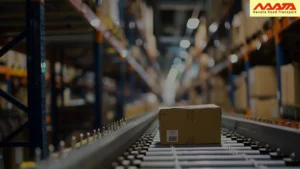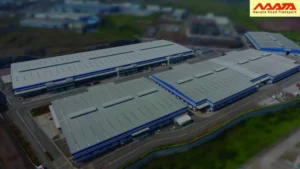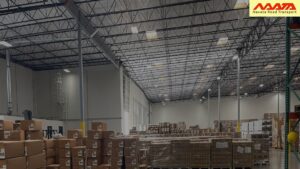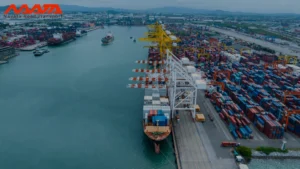
7 Benefits of In-House Logistics
Table of Contents
Benefits of In-House Logistics
When companies weigh in-house logistics vs outsourcing, cost is often the first factor. But the real benefits of in-house logistics go far beyond cost savings. Businesses that take control of their supply chain gain agility, brand consistency, and customer loyalty that outsourced providers can’t always match.
Here are the top advantages of in-house logistics — explained with real business impact so you can see why more companies are investing in building their own supply chain capabilities.
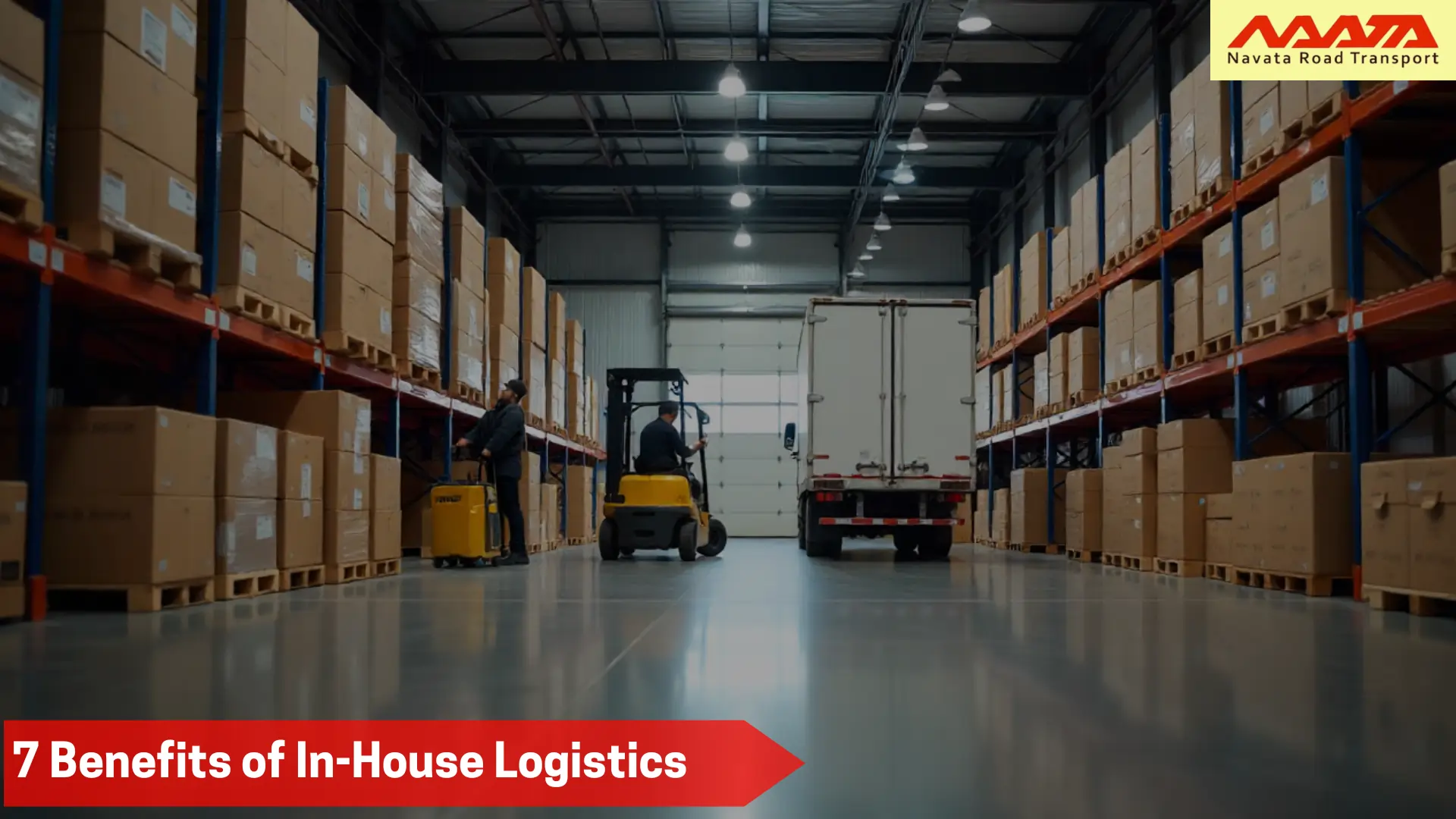
You May Also Like to Read About Outbound Logistics
1. Greater Control Over Supply Chain Operations
One of the biggest advantages of in-house logistics is direct control over every step of the supply chain. You decide the processes, the technology, and the service levels.
- Faster problem-solving: Issues like delivery delays or inventory mismatches can be identified and resolved instantly.
- Process ownership: No reliance on third parties means you set the standards for speed, accuracy, and service.
- Customization flexibility: Whether it’s handling fragile goods, high-value items, or regulated products, you can adapt logistics processes exactly to your needs.
2. Stronger Brand Consistency & Customer Experience
Customer experience is where in-house logistics often shines. Since you manage warehousing, packaging, and delivery, the customer journey remains aligned with your brand values.
- Seamless packaging & delivery: Your team can design unboxing experiences that reinforce brand identity.
- Error reduction: With trained in-house staff, the chance of mix-ups, damages, or wrong deliveries decreases.
- Direct accountability: Customers trust your brand more when there are fewer external handovers.
In competitive industries like fashion, luxury goods, food, and pharma, this consistency can be the difference between a one-time order and a loyal customer.
3. Data Ownership & Logistics Insights
In logistics, data is power. With in-house systems, you fully own and control your data, giving you richer insights than you’d typically get from a 3PL provider.
- Real-time visibility: Track order status, warehouse stock, and fleet performance without waiting for third-party reports.
- Better forecasting: Historical data helps predict demand, optimize stock, and reduce overstocking or stockouts.
- Smarter decision-making: When you own logistics data, you can act quickly to reduce costs, improve speed, and enhance efficiency.
Learn About What is Reverse Logistics?
4. Cost Efficiency & Savings at Scale
While outsourcing seems cheaper upfront, in-house logistics can deliver significant cost savings over time once operations reach scale.
- No hidden fees: Avoid 3PL markups on storage, packaging, returns, or special handling.
- Optimized assets: The more you use your warehouses and fleet, the lower the per-unit cost becomes.
- Internal improvements: By controlling processes, you can fine-tune routes, labor, and space utilization for maximum efficiency.
For businesses with stable demand and high order volumes, owning logistics infrastructure becomes a long-term investment with measurable ROI.
5. Faster Responsiveness & Supply Chain Agility
Markets move quickly — and outsourcing often slows reaction times. With in-house logistics, your business can adapt on the fly.
- Quicker order fulfillment: Scale teams up or down during sales peaks or seasonal demand.
- Rapid policy changes: Introduce same-day delivery, new return options, or product launches without waiting for a 3PL to adjust.
- Crisis management: During disruptions (fuel price hikes, strikes, or natural disasters), you control contingency planning instead of depending on a partner’s capacity.
This agility translates into better customer satisfaction and long-term competitiveness.
6. Building Strategic Assets & Expertise
In-house logistics isn’t just about running trucks and warehouses — it builds strategic assets for your business.
- Tangible assets: Warehouses, fleets, and logistics tech add to company value.
- Institutional knowledge: Teams gain operational expertise that strengthens your competitive moat.
- Long-term leverage: Strong internal logistics can improve negotiating power when working with partners or expanding into new markets.
This transforms logistics from a cost center into a growth enabler.
7. Enhanced Customer Trust & Brand Loyalty
Ultimately, customers reward consistency and reliability — both of which are easier to guarantee with in-house logistics.
- On-time delivery: Meeting promised timelines builds credibility.
- Reduced errors & damages: Controlled processes result in fewer complaints and returns.
- Customer-first culture: Every delivery becomes a direct brand interaction, strengthening relationships.
For businesses where customer trust is the foundation of success, in-house logistics creates a long-term loyalty advantage.
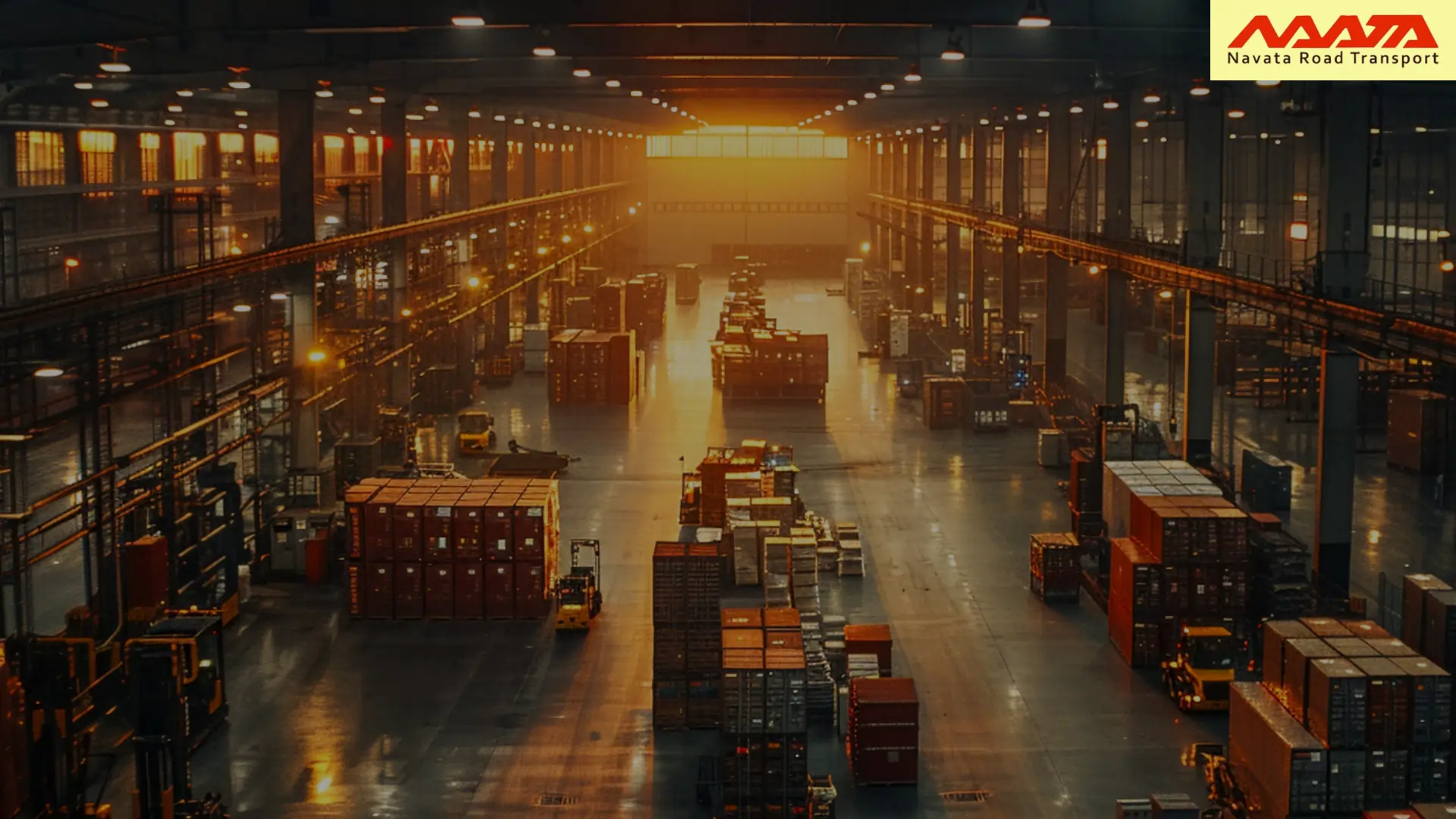
You May Also Like to Read: What is Logistics Management?
Conclusion
The benefits of in-house logistics go far beyond reducing costs. Businesses that invest in their own supply chain infrastructure gain control, agility, brand consistency, and stronger customer loyalty.
For companies with growing volumes and a focus on customer experience, in-house logistics can shift from being an expense to becoming a strategic driver of competitive advantage.
Thank You For Reading: 7 Benefits of In-House Logistics
Powered By 360Presence


